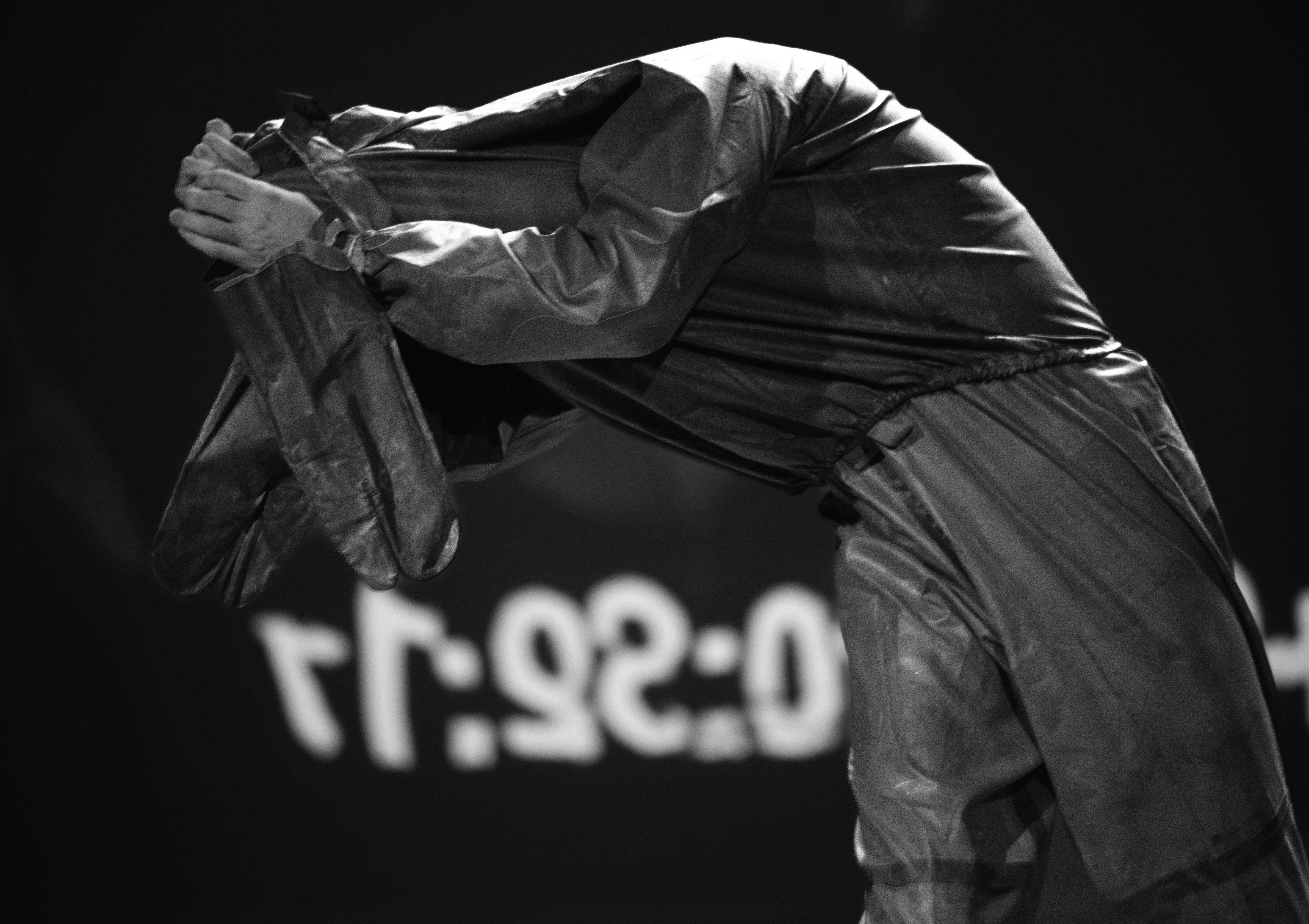Towards Documentary Choreography - Encounter #1
For this symposium, which follows from his practice-based PhD research, Arkadi Zaides invited various practitioners and scholars to reflect collectively on the notion of “documentary choreography”. By looking at concrete case studies and by proposing various theoretical lenses, the participants explored the strategies used by artists when combining embodied and documentary practices. Through different formats, they considered the potentiality of such blending not only to challenge the boundaries of contemporary dance and documentary theater, but also to engage critically with social and political issues.
→